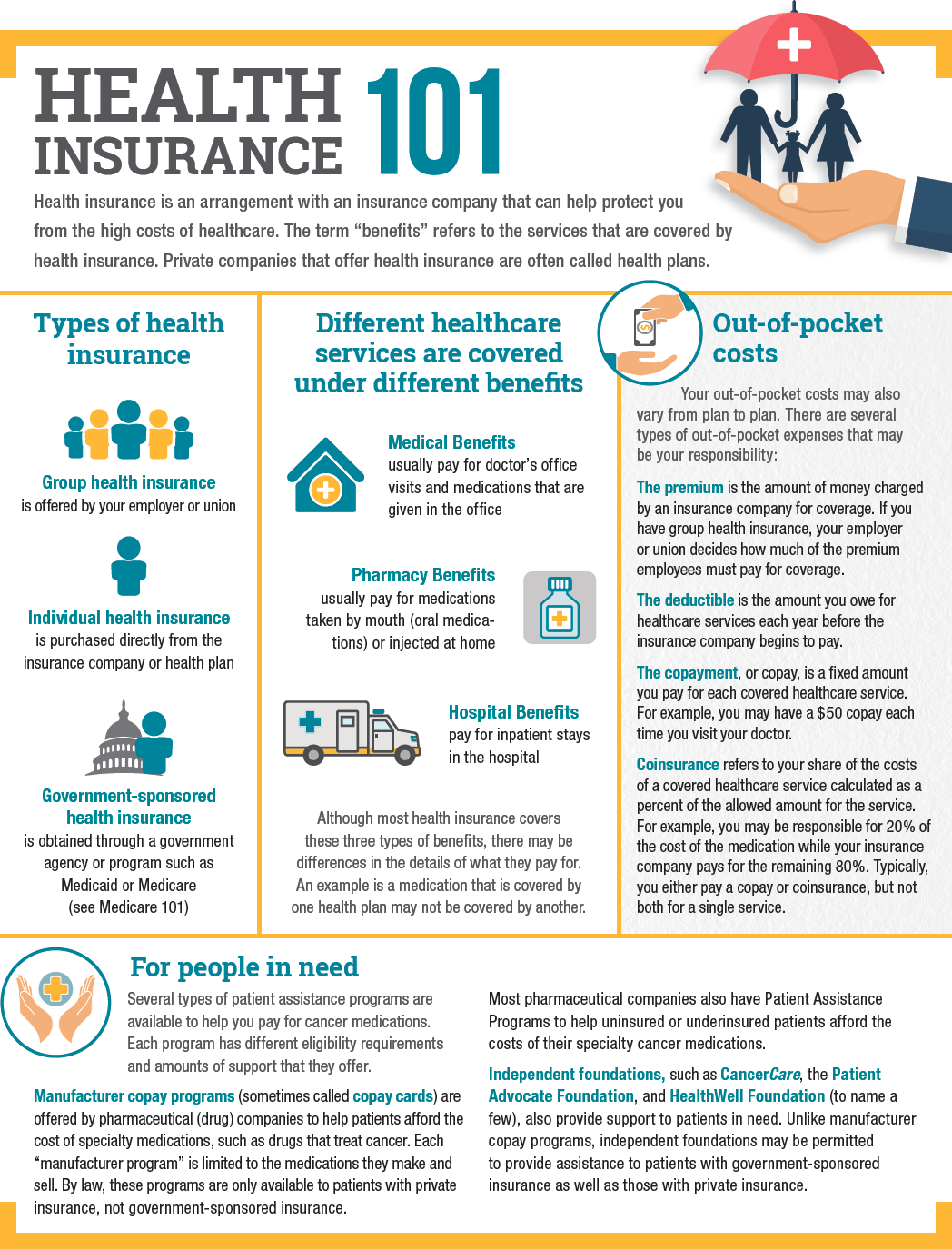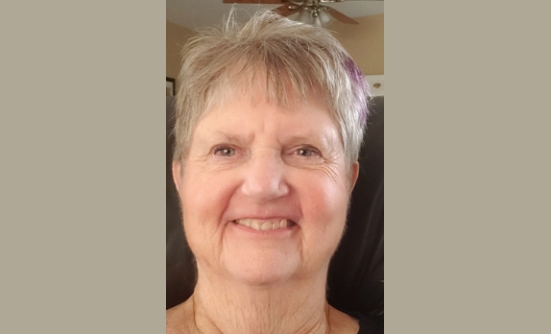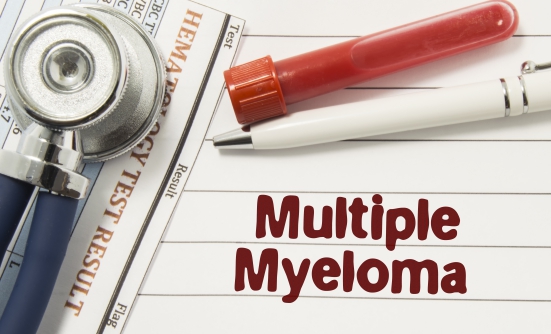After the shock of being diagnosed with multiple myeloma wore off, you have learned a new “language” related to cancer and multiple myeloma care, you have likely read and talked about treatment options, and you may have already started treatment. You may have also joined a support group. Ideally, your loved ones, friends, support group members, and work colleagues—your support team—as well as your oncologists, nurses, social workers, navigators, and other professionals—your treatment team—are guiding and supporting you through this process. Now you may be thinking about financial considerations related to your care.
If you are currently working, you may be unsure how to discuss your multiple myeloma diagnosis with your employer. You may have concerns about your ability to take time off, cut back your working hours, or even apply for disability insurance benefits. Learn about your insurance benefits and find out what resources are available to you.
Health Insurance
Understanding how your insurance coverage works is especially important at a time when you are likely to face substantial expenses. It is important to know what your health insurance plan covers (see the Health Insurance 101 Infographic).

Comprehensive health insurance usually covers hospital stays, medical care, diagnostic tests, and prescription drugs. It may also cover additional services, such as durable medical equipment (eg, walkers, wheelchairs, shower chairs) and complementary medicine (eg, acupuncture, biofeedback, massage), but this may vary depending on your health plan.
A recent survey conducted by Takeda Oncology and The Lynx Group in April and May 2017 showed that among more than 400 people in the United States with multiple myeloma, health insurance premiums and annual deductibles were ranked as the most burdensome cost categories, so it’s important to understand your benefits.
Remember, every health plan is different, so be sure to review your summary of benefits and speak with an agent or a care coordinator to understand the details of your health insurance coverage. Your care team or physician’s office and other patients with multiple myeloma may also be a great resource.
Medicare Coverage
Many people with multiple myeloma are eligible for Medicare coverage. If you are 65 or older or are disabled, you may qualify. Medicare coverage includes 4 categories—Part A, Part B, Part C, and Part D (see the Medicare 101 Infographic).

When you become eligible for Medicare, you are covered under Medicare Part A, which covers most hospital costs. All other parts of Medicare (and Medigap) are optional programs, which require you to pay a monthly fee for each.1
Financial Considerations
Although health insurance may cover a good chunk of the costs of your cancer care, you will probably still have some out-of-pocket costs. However, there may be resources that can help you to pay for some of these expenses.
There are programs that can help you with the cost of your cancer medications. For patients with private insurance, some drug companies offer discount cards to offset the cost of your copay. Drug companies may also offer patient assistance programs to help eligible patients who are uninsured or underinsured. After your doctor has prescribed a cancer medication or medications for you, ask your care team to explain any available programs and help you enroll.
Most medications also have websites and toll-free numbers that you can visit or call to obtain information. If you are taking more than one prescription drug, each medication may have its own program, so be sure to ask about all of them, and how they may differ.
In addition, independent and nonprofit organizations and foundations are available that help patients who cannot afford their medications. Ask your care team about available resources.
These may be especially important for patients with Medicare, Medicaid, or other government insurance who may not be eligible for programs provided by the drug companies.
Finding Information
How do patients with multiple myeloma find out about the resources available to them? Who helps them get through all the steps and paperwork required?
As a follow-up to the multiple myeloma patient survey, a group of patients, caregivers, advocacy group leaders, nurse practitioners, and nurse navigators were brought together at a roundtable meeting. Their goals were to discuss the survey results and provide personal insights on key topics, including how patients can navigate financial challenges. Roundtable participants agreed that giving patients with multiple myeloma information about their insurance coverage and available resources is critical, in part because oncologists focus primarily on treatment and not on financial discussions.
One roundtable participant said, “Clinicians are often uncomfortable talking about treatment costs, because there are so many variables involved. Each patient has a unique set of circumstances: their financial status, insurance company, and specific health plan may affect what they are responsible to pay….We have financial advocates at our cancer center, and nurses who work with patients before the start of any treatment, intravenous (given by a needle or tube inserted into a vein) or oral. Their job is to help patients understand their out-of-pocket costs. If a patient cannot afford those costs, the financial advocate finds resources for assistance. They also might talk with the oncologist to learn if an alternative treatment option is available.”
If you have financial or insurance-related concerns and questions, the best places to start are with your treatment team and your insurance plan’s customer support phone line. In many cases, your treatment team will include a nurse navigator, a financial advocate, and/or a social worker who can help you.
In addition, patient advocacy organizations should be considered as a resource to answer questions. Several organizations are listed on the previous page, and more patient advocacy organizations are available.
Reference
- Medicare.gov. www.medicare.gov. Accessed August 29, 2018.
Patient Advocacy Organizations
American Cancer Society
www.cancer.org
CancerCare
www.cancercare.org
Cancer Support Community
www.cancersupportcommunity.org
International Myeloma Foundation
www.myeloma.org
Leukemia & Lymphoma Society
www.lls.org
Multiple Myeloma Research Foundation
www.themmrf.org/tips-to-help-myeloma-patients-get-help
Myeloma Crowd
www.myelomacrowd.org
Triage Cancer
www.triagecancer.org
We hope you will use the resources above to find the people, tools, and education that will enable you to become an active participant in your care. Takeda Oncology is not affiliated with these organizations. By listing these resources, Takeda Oncology is not endorsing any particular service or group and we are not responsible for the content of these sites or services. They are provided here for informational purposes and are not meant to replace your healthcare provider’s medical advice.
This special feature and the Multiple Myeloma Patient Advocacy Roundtable were sponsored and moderated by Takeda Oncology. Deborah Christensen and John W. Killip are paid consultants of Takeda.
Takeda Oncology is the oncology business unit brand of Takeda Pharmaceutical Company Limited. All trademarks are the property of their respective owners. © 2018 Millennium Pharmaceuticals, Inc., a wholly owned subsidiary of Takeda Pharmaceutical Company Limited.
MAT-US-NON-18-00227
















